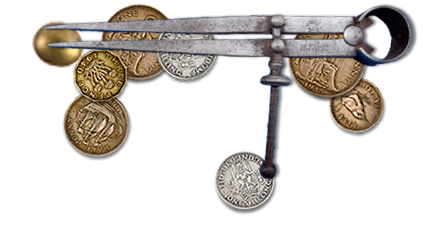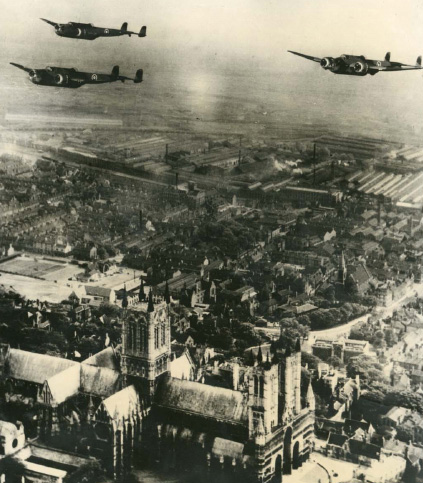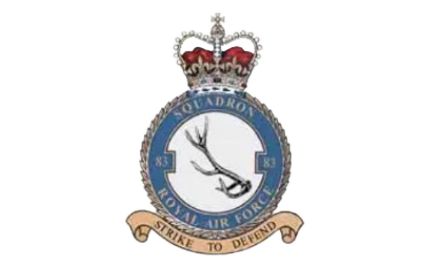WAR GRAVE
HARRY A. BOWMER (grave 40)
SERGEANT
83 SQUADRON
ABOUT MY LIFE
Born: 1919
Died: 2nd August 1940

I was the son of Son of Matthew Noel Bowmer and of Winifred Ethel Bowmer (Nee Lunn), of Liverpool and was aged just 21 at the time of the accident. Whilst at RAF Scampton, I was a member of an 83 Squadron aircrew, flying Hampden bombers.

MY AIRCRAFT
The Hampden was a medium bomber with a crew of 4. Pilot, Navigator, Wireless Operator/gunner and a further gunner. Although it was a vast improvement on the biplanes 83 Squadron had been flying just before the war opened, in reality it was already obsolete. Early daylight raids had been a disaster, the bomber was too slow to evade German fighters and its guns were no match for the Germans either. The distinctive fuselage, designed to give the aircraft a sleek, aerodynamic profile, led to the Hampden earning its nickname of “The Flying suitcase”.
Crew: 4
Span: 21.09 m
Length: 16.32 m
Height: 4.37 m
Wing area: 63.90 m²
Empty weight: 5,344 kg
Loaded weight: 8,508 kg
Engine: 2 x Bristol Pegasus XVIII 9-cylinder radial engines
Engine power: 980hp each
Maximum speed: 410 km/h
Rate of climb: 5.00 m/s
Range normal: 1,095 km
4 or 6 x 7.7mm Vickers K machine guns (1 flexible, 1 nose, 1 or 2 dorsal, 1 or 2 ventral)
1,814kg of bombs/mines or 1 x 18in torpedo

MY SQUADRON

Motto: Strike to Defend
83 Squadron was formed at Montrose on 7th January 1917 as a night bomber squadron. Moving to France in March 1918, the squadron saw action on the western Front and took part in operations to counter the German’s Spring Offensive. Following the end of the war, the Squadron was disbanded on 31 December 1919.
With the threat of war once again looming over Europe, 83 squadron was reformed at RAF Turnhouse on 4th August 1936, flying the Hawker Hind biplane. In March 1938, the squadron re-equipped with Handley Page Hampdens at RAF Scampton.
In the summer of 1940, the Squadron received one of Scampton’s three Victoria Crosses due to the heroic actions of Flight Sergeant John Hannah in putting out the fire on a battle damaged Hampden.
In December 1941, the squadron re-equipped with the infamous Avro Manchester, but the poor reliability of this aircraft led to them quickly being re-equipped with the legendary Avro Lancaster, with which the squadron fought the rest of the war. In August 1942, the squadron became a pathfinder unit, leading large bomber formations to their targets and laying target indicator flares so they could be more accurately hit.
After the war, they flew Avro Lincolns and Avro Vulcans, before being disbanded in 1969.
THE ACCIDENT
On 2nd August 1940 it seems that Sergeant Harry Bowmer, a Hampden crewman from 83 Squadron, had planned a quiet evening. He and two colleagues had gone to the City Hotel on the Cornhill in Lincoln for a couple of drinks. When the bar closed at 10 pm Harry and his friends invited Bertha Spencer, a barmaid at the Hotel and her friend Miss Jacklin to go with them to a local milk bar.
At 11 pm, the group returned to the City Hotel where Bertha lived. After chatting for a few minutes, they said goodnight and the group parted, going their separate ways. Rather strangely, Harry returned some minutes later and rang the doorbell to the hotel. Arthur Scott, the hotel proprietor interrupted his supper to answer the door. He recalled at the later inquest that Harry did not say what he wanted and left a few minutes later. Scott knew Harry as a regular customer and had served him several drinks earlier that night. However, he went on to state quite categorically that he certainly wasn’t drunk.
By 11:30 pm Mr Scott had gone to bed. Not long afterwards he heard a crash and went downstairs to investigate. On opening the door he found Harry unconscious on the street with severe injuries. He had fractured his skull, broken his forearm and dislocated his hip. Harry who was 21, died two days later in the County Hospital in Lincoln.
The Coroner established that Harry appeared to have climbed a drainpipe and had slipped from a 2-inch ledge beneath a kitchen window on the second floor.
In court Miss Spencer maintained that she had not made an appointment with Harry and could not think why he had climbed the drainpipe.
The Coroner was equally perplexed and despite saying that Harry was a quiet and sensible young man, he concluded that he had no one but himself to blame for what he called a silly prank. Perhaps this was a little harsh; it may be that for someone who was facing imminent death on a nightly basis, the climb up a drainpipe didn’t seem all that dangerous.
ON THIS DAY IN WORLD WAR TWO – 2ND AUGUST 1940
The Vichy French government sentence General Charles De Gaulle to death in his absence.
Churchill appoints Lord Beaverbrook to boost Britain’s war production.
German bombers drop leaflets on Southern England, detailing Hitler’s proposals for peace.
Where Next
The Cornhill Hotel was demolished many years ago, but was approximately where W H Smith’s now stands in the Cornhill, Lincoln.
